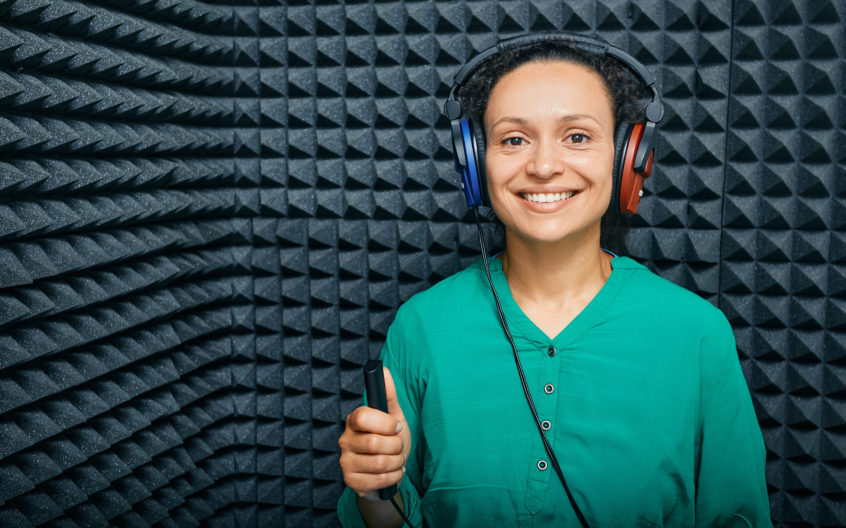Researchers at the Cleveland Clinic recently released a new study which shines a spotlight on the need to improve awareness of hearing loss among adults between the ages of 50 and 80 in the United States.
Results indicated that only 10% of those surveyed were able to properly identify a “normal” range of hearing. The survey also found that people are putting off getting their hearing checked over almost every other common health screening.
In fact, 59% said they would very likely take their pet to the vet, but only 27% said they’re likely to get their own hearing checked.
Unfortunately, untreated hearing loss is linked to a number of serious medical conditions, including depression, cognitive decline/dementia, heart disease and diabetes, not to mention a poor quality of life.
Why do people put off getting their hearing checked when it’s among the most common, untreated disabilities in the world and the third most common chronic health condition in older adults?
There are likely many contributing factors as to why people don’t take hearing loss seriously.
According to a recent MarkeTrak survey, the top three reasons for people who know they have a hearing loss but haven’t done anything about it include:
- Can hear well enough without hearing aids
- Hearing aids are perceived as too expensive
- Concern that they can’t afford help
Other reasons include that it’s embarrassing to wear hearing aids/self-conscious, they don’t know where to get tested, and they’re too young to wear hearing aids.
The National Institute on Deafness and Other Communication Disorders has developed some simple screening questions to help you determine whether you need to have your hearing evaluated. If you are 18 to 64 years old and answer “yes” to three or more of these questions, they recommend you have your hearing tested by an audiologist.
- Do you sometimes feel embarrassed when you meet new people because you struggle to hear?
- Do you feel frustrated when talking to members of your family because you have difficulty hearing them?
- Do you have difficulty hearing or understanding co-workers, clients, or customers?
- Do you feel restricted or limited by a hearing problem?
- Do you have difficulty hearing when visiting friends, relatives, or neighbors?
- Do you have trouble hearing in the movies or in the theater?
- Does a hearing problem cause you to argue with family members?
- Do you have trouble hearing the TV or radio at levels that are loud enough for others?
- Do you feel that any difficulty with your hearing limits your personal life or social life?
- Do you have trouble hearing family or friends when you are together in a restaurant?
Even though there are no official evidence-based guidelines on how often to get your hearing checked in adulthood, most medical providers—including audiologists—recommend a screening every three years beginning at age 50. Other organizations recommend a baseline hearing evaluation at milestone ages, such as 60 or 65.
By identifying and treating hearing loss early, you can reduce the risk of cognitive decline and dementia as you age; improve your ability to hear important conversations; reduce the risk of depression; and improve relationships with family and friends, along with many other positive benefits.
The most important thing is to have your hearing checked by a professional, especially as you age. If you are diagnosed with a hearing loss, a doctoral-level audiologist can prescribe a hearing aid solution that fits your budget, lifestyle and needs.
If your results are normal, you have taken a key step in establishing a baseline for your hearing. Your audiologist will likely suggest you have your hearing checked for changes every few years.
Schedule a comprehensive hearing evaluation with a doctoral-level audiologist.



